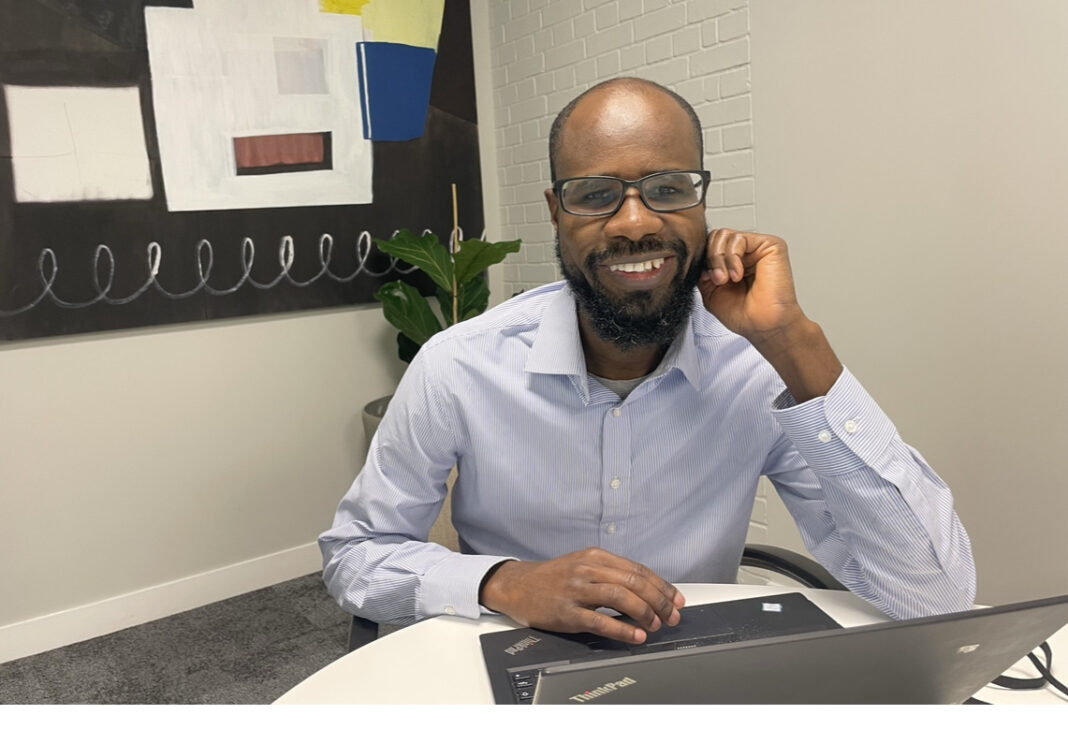A new report from the Tony Blair Institute calls on Nigeria’s authorities and their international partners to take urgent action to ensure the security and credibility of the February 2023 general elections.
During the February polls, Nigerians will choose the next president and vice-president, while in early March governors, members of the national and state assemblies will be elected.
The report, ‘Democracy Under Threat: Why the Security Risks to Nigeria’s 2023 Elections Must Not Be Overlooked’, warns that the elections are under threat of serious disruption from violence caused by Boko Haram, the Indigenous People of Biafra (IPOB) secessionist group and criminal gangs known as ‘bandits’ – as well as from political thuggery and disinformation and ‘fake news’, spread by social-media platforms, which could fan the flames of insecurity while undermining the integrity of election campaigns.
The author of ‘Democracy Under Threat: Why the Security Risks to Nigeria’s 2023 Elections Must Not Be Overlooked’, Bulama Bukarti, a senior fellow at Tony Blair Institute’s Extremism Policy Unit, said:
“Nigeria is Africa’s largest democracy and economy, and its most populous nation. Its elections next February and March are of critical importance to its future and that of the wider region.
“Successful and credible elections will mark another milestone in Nigeria’s democratic history, twenty-four years after the military last held power. But elections which are marred by violence, or whose integrity is widely called into question, would deal a heavy blow to a country which is struggling with serious security threats, polarisation and economic challenges.
“Time is running out – there are less than three months left before the elections for a new President, Vice-President, Senate and house of Representatives on 25 February. But crucial step can still be taken by those responsible for Nigeria’s security, and that of its electoral processes.
“The Nigerian government needs to expand its efforts to liberate or secure villages and towns affected by terrorism before the elections take place. It also needs to ensure that security forces are deployed to monitor the elections and to continue the containment of violent groups. Enabling the swift prosecution of those responsible for election violence – and spreaders of illegal fake news – will also serve as a deterrent to those who wish to destroy Nigeria’s democracy.
“The international community must stand with Nigeria at this critical juncture. The United States, United Kingdom and the European Union should send a clear message in support of peaceful elections in Nigeria and put pressure on ‘Big Tech’ to effectively monitor their platforms to stop the spread of ‘fake news’ and disinformation.”
Key recommendations
The report makes a series of recommendations for action that the Nigerian authorities should take urgently to ensure the safety and credibility of next year’s elections, including:
- Expansion of efforts to liberate or secure affected villages and towns before the February elections.
- Balanced allocations of security forces for election monitoring and the continued containment of violent groups.
- Maintenance of impartiality by the Independent National Electoral Commission (INEC) and the police.
- Expansion of the voting system for internally displaced people by INEC to ensure their participation in the election.
- Expansion of the National Peace Committee’s (NPC’s) peace pact for presidential candidates down to candidates for governorships and parliamentary seats.
- Swift prosecution for perpetrators of election violence and spreaders of illegal fake news to serve as a deterrent.
- Development of early warning, prevention and mitigation mechanisms for early reporting, prevention and mitigation of electoral violence.
- Advocacy for peaceful elections from religious and traditional leaders.
The role of the international community
The United States, United Kingdom, European Union and rest of the international community should mobilise to send a clear message in support of peaceful elections in Nigeria, communicating clearly that electoral malpractice and/or violence will be unacceptable.
International broadcasters operating locally, such as the BBC (BBC Hausa, Yoruba Igbo and Pidgin), Voice of America, Deutsche Welle and France International are seen as impartial in the elections and should dedicate resources to identifying and exposing election-related disinformation and misinformation. Credible local radio stations, television stations, newspapers and online sites should be supported to do the same. This will require more funding and training from pro-democracy groups such as the US-based National Endowment for Democracy and the MacArthur Foundation.
The role of social-media platforms
The report urges social-media platforms – especially Twitter, Meta (Facebook), YouTube, WhatsApp and Telegram – to step up efforts to deal with election-related misinformation, disinformation and conspiracies, by hiring and training more local experts who speak the languages in which content is published and understand its context.






